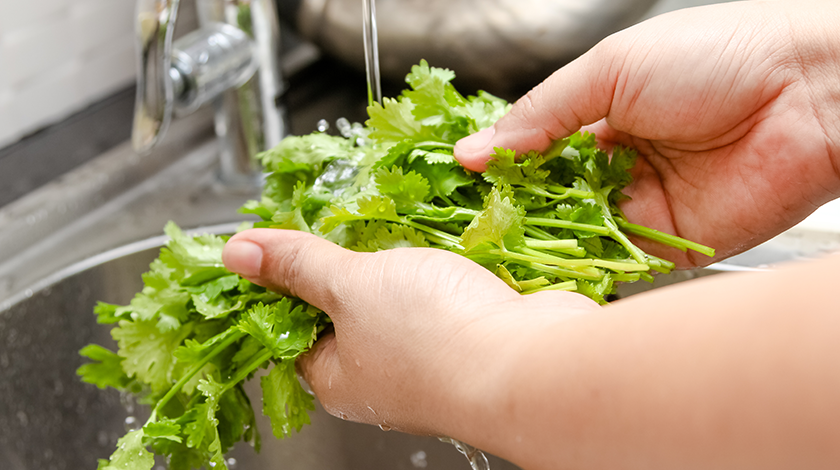Our digestive system is crucial to our health, and yet it generally goes unappreciated. We only notice it when it starts to malfunction — yet is it any wonder our digestive health is threatened when it is so rarely at the forefront of our minds? It’s time for a change!
When to see a doctor?
Just as even the most well-maintained cars break down from time to time, no one has a fuss-free digestive system. Stress, travel and changes in diet can precipitate changes in digestion, metabolism and bowel habits. But it’s important to distinguish between routine fluctuations, and more serious problems that may warrant medical attention. Here are three warning signs that you should take to your local physician.
- Diarrhoea for more than 3 days, especially accompanied by a fever. This could be symptomatic of gastroenteritis, norovirus or other severe maladies. When waiting to see the doctor, make sure you get plenty of water to replace the fluids you’re losing 2.
- Constipation for more than 5 days. While everyone experiences a different frequency of bowel movements, 5 days without passing stools is way too long and can lead to a dangerous buildup of toxins in the body. 1
- Blood in the stools. Causes of this alarming phenomenon range from the (relatively) innocuous piles to more serious illnesses include rectal or stomach cancer. See a doctor right away.1
Promoting digestive health

Good digestive health is not a matter of popping pills or going on an annual juice cleanse. It requires daily discipline. Here are 5 ways to improve your digestive health.
- Avoid excessive drinking. Alcohol is linked to a number of digestive disorders, ranging from stomach ulcers and gastroesophageal reflux disease to pancreatic, colon and stomach cancer. Try to keep your alcohol intake below 3-4 units a day for men, and 2-3 units per day for women.3
- Quit smoking. Smoking can lead to excess production of stomach acid, which in turn causes stomach ulcers and heartburn.4
- Practice proper food hygiene. Poor food hygiene can cause gastroenteritis. Make sure you always wash your hands before eating, cook all food thoroughly and avoid food that has been left in the open for extended periods, especially in hot and humid summer weather.1
- Eat more fiber. For healthier and more regular bowel movements, consume foods rich in dietary fiber. Apart from fruits and vegetables, complex carbohydrates like oats and brown rice are rich in insoluble fiber, which will add bulk to your stool.1
- Consume probiotics. We usually associate bacteria with getting sick, but our stomach is home to millions of good bacteria cells crucial to digesting food and absorbing nutrients. Probiotic food supplements such as yoghurt drinks aid in the repopulation of these important organisms.4
While we may shy away from discussing our digestive issues in public, that shouldn’t stop us from practicing good digestive habits in private. Take care of your digestive system — it’s the only one you’ve got!
Resources
- Your digestive system and how it works. National Digestive Diseases Information ClearinghouseNDDIC. Visited September 24 2013.
- Diarrhea. National Digestive Diseases Information ClearinghouseNDDIC. Visited September 24 2013.
- Drinking and alcohol. NHS Choices. Visited September 24 2013.
- Information about peptic ulcers. CORE. Visited September 24 2013.

